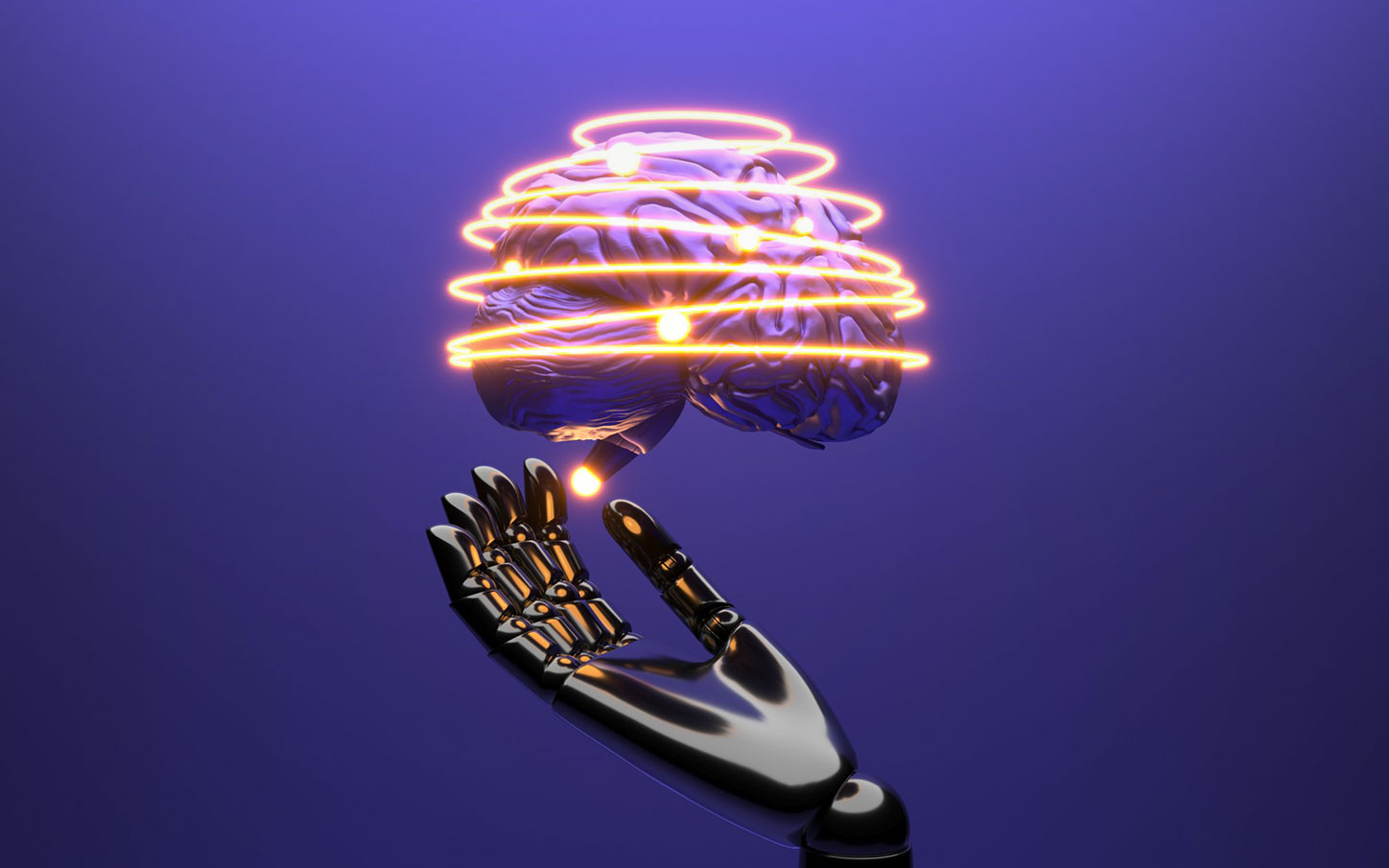By Mark Abbott & Martin Ryan
Artificial intelligence (AI) is a captivating frontier that holds immense excitement and promise. It’s a realm where machines learn, adapt and innovate, reshaping industries and enhancing our daily lives.
From self-driving cars to advanced medical diagnostics and natural language processing, AI unlocks new horizons of possibility, addressing complex problems and driving innovation at an unprecedented pace. As AI technology evolves, it holds boundless potential to revolutionize how we work, communicate and interact with each other and the world around us.
But as we seek to unlock the potential of AI and other transformative technologies, we need to make sure we’re designing and implementing them in a manner that is purposeful, inclusive, sustainable and responsible.
Realizing this vision is not solely a regulatory challenge, it’s a human and a cultural one. This means we will require new social infrastructure to help us manage the inherent tensions created by these powerful and already pervasive technologies.
